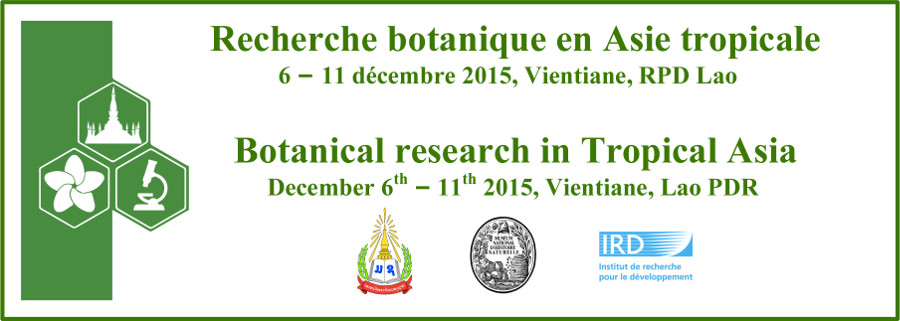India is one among the top eight mega-biodiversity countries in the world, including a forest cover which is rich in medicinal plant diversity. About 70% of medicinal plants are found in tropical and subtropical forests, while the other 30% are found in temperate and high altitude forests. According to the Botanical Survey of India (BSI), 93% of wild medicinal plants are endangered, of which 335 taxa have been assigned an IUCN Red List status of Critically Endangered, Endangered, Vulnerable or Near-extinction.
India has the world's second largest share of tribal populations, comprising about 53 million people from 550 tribal communities. There are about 6,500 plant species used in traditional medicines, with a few hundred of these commonly used. Several species, with various active principles, are said to cure various ailments in tribal communities however, scientific exploration has not yet attempted. Therefore, in the present study focused on three important plants, namely Allium stracheyi Baker, Acacia nilotica (L.) Willd. ex Delile and Naravelia zeylanica (L.) DC. endemic to the Himalayas, the Eastern and the Western Ghats respectively, were chosen for investigation. In the traditional ethnobotanical knowledge of the Bhotiya, Malayali and Muthuvan tribes, these plants possess multiple medicinal applications. Phytochemical screening revealed the presence of various phytochemical constituents besides antioxidants. Therefore, these plants can be used for cure various ailments.
Key words: MAPs, Conservation, in-vitro propagation, ethnobotanical knowledge, Tribes
- Poster

 PDF version
PDF version

